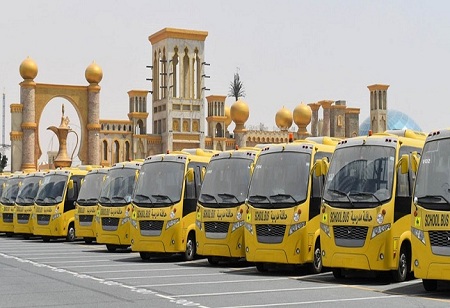The Knowledge and Human Development Authority (KHDA), these new institutions, which provide British and Indian educational frameworks, have created an additional 12,000 vacancies, contributing to Dubai's already robust educational advancement. At the moment, the city has a total of 220 private schools, with more than 326,000 students enrolled for the 2022-23 academic year. The emirate's education scene has undergone considerable development and diversity in recent years, with the opening of new institutions offering a diverse range of curricula from across the world. In the previous four years alone, 27 new private schools have been established, adding to the sector's diversity and depth. The Knowledge and Human Development Authority's (KHDA) Director General, Dr Abdulla Al Karam, stated, "The increase in the number of private schools further supports the leadership's vision to create one of the world's leading private education sectors."The inclusion of five new schools in the 2023-24 academic year demonstrates the sector's vitality and the stable investment climate provided by Dubai.
"KHDA is eager to collaborate with the education community in order to meet the needs of Dubai's growing population and to expand the capacity of the private school sector."We are also dedicated to ensuring that Dubai's world-class education strengthens its position as one of the world's top places to live, work, and invest in." Dubai's private schools now offer 17 curricula from many nations, languages, and educational techniques, reflecting the city's prominence as an appealing worldwide investment and lifestyle destination, as well as its welcoming and multicultural culture. British curricula account for 36% of all curricula, followed by India at 25%, the United States at 15%, and the International Baccalaureate (IB) at 7%. Private schools in the emirate provide Chinese, Japanese, German, French, Australian, Spanish, and Filipino curricula, among others.

